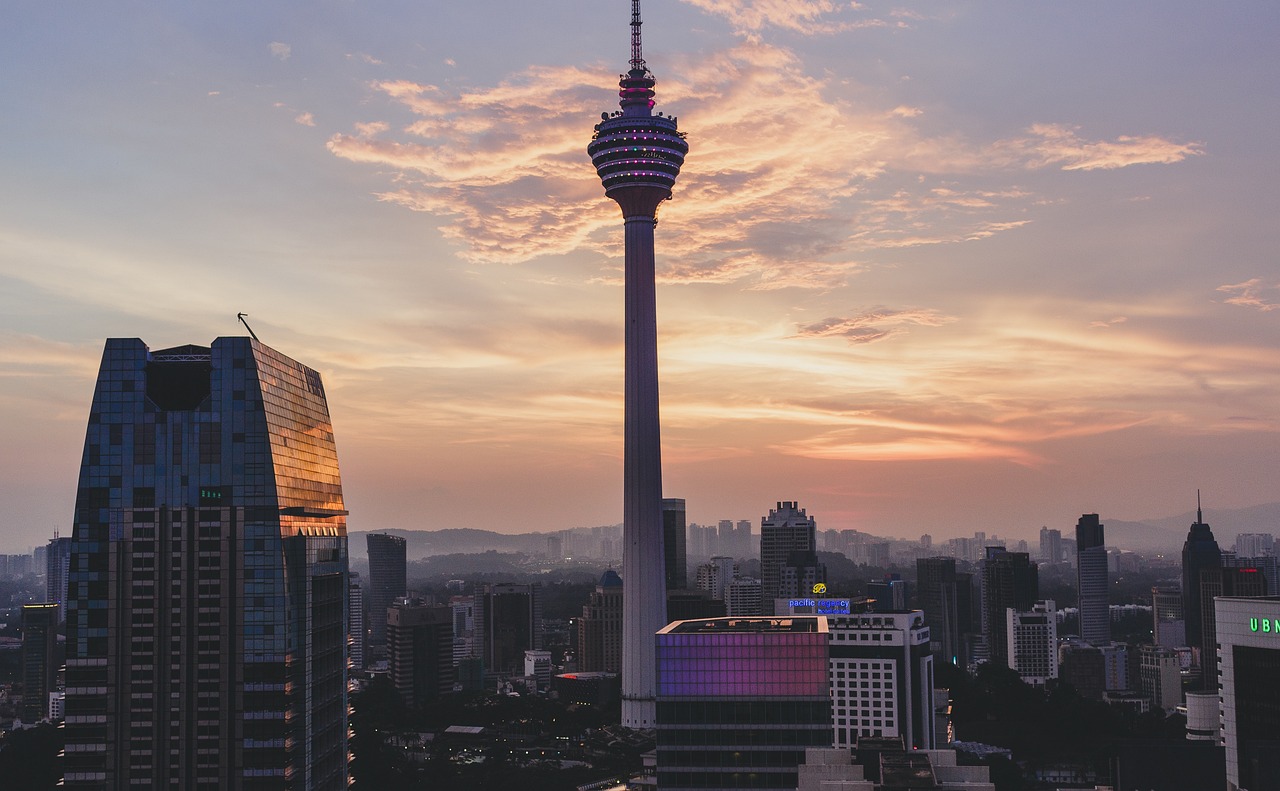Visa and Stay Regulations for Digital Nomads in Malaysia
Malaysia is a popular destination for digital nomads due to its attractive blend of modern infrastructure, affordable cost of living, and diverse cultural experiences. As a digital nomad, it’s important to understand the visa and stay regulations in Malaysia to ensure a smooth and legal stay in the country. This article will provide detailed information on the visa options available for digital nomads and the necessary requirements to comply with Malaysian immigration laws.
Visa Exemption for Short-Term Stay
If you are a citizen of a visa-exempt country, you can enter Malaysia without a visa for a stay of up to 90 days. This applies to digital nomads who plan to stay in Malaysia temporarily for business or tourism purposes. It’s important to note that this visa exemption does not allow you to work or engage in any business activities in Malaysia. If you plan to work remotely during your stay, you will need to explore other visa options.
- Valid Passport: Ensure your passport is valid for at least six months beyond your intended stay in Malaysia.
- Proof of Sufficient Funds: You may be required to show proof of sufficient funds to cover your stay in Malaysia.
- Return or Onward Ticket: Prepare evidence of a return or onward ticket to demonstrate your intention to leave Malaysia within the permitted duration of stay.
Malaysia Image 1:

Long-Term Stay Options for Digital Nomads
For digital nomads planning to stay in Malaysia for an extended period, there are several visa options available. These visas allow you to legally work and engage in business activities while staying in the country. Here are some of the most common long-term stay options for digital nomads in Malaysia:
1. Malaysia My Second Home (MM2H) Program
The Malaysia My Second Home (MM2H) program is a long-term visa program designed to attract foreigners to live in Malaysia. This program allows digital nomads to stay in Malaysia for an extended period, typically up to 10 years, with multiple-entry privileges. To qualify for the MM2H program, applicants need to meet certain financial requirements, undergo medical screenings, and fulfill other criteria set by the Malaysian government.
- Financial Requirements: Applicants need to show proof of liquid assets, such as bank deposits or investments, to meet the financial threshold set by the MM2H program.
- Medical Screening: Applicants and their dependents may be required to undergo a medical screening to ensure they are in good health.
- Fixed Deposit: Successful applicants are required to place a fixed deposit in a Malaysian bank account, which will be used as a financial guarantee throughout their stay in Malaysia.
2. Professional Visit Pass (PVP)
The Professional Visit Pass (PVP) is suitable for digital nomads who have secured employment or business opportunities with Malaysian companies or clients. This visa allows digital nomads to work legally in Malaysia for a specific duration, typically up to 12 months. To obtain the PVP, the sponsoring company or client in Malaysia needs to apply for the pass on behalf of the digital nomad.
- Job Offer or Business Opportunity: Digital nomads need to secure a job offer or business opportunity with a Malaysian company or client.
- Sponsorship: The sponsoring company or client needs to apply for the PVP on behalf of the digital nomad.
- Approval from Malaysian Immigration Department: The PVP application needs to be approved by the Malaysian Immigration Department.
Malaysia Image 2:

Renewal and Extension of Stay
For digital nomads who have obtained a long-term visa, it’s important to be aware of the renewal and extension procedures to ensure continuous legal stay in Malaysia. The specific requirements and procedures may vary depending on the type of visa obtained. It’s advisable to consult with the Malaysian Immigration Department or seek assistance from a professional immigration service provider to navigate the renewal and extension process smoothly.
Working Remotely in Malaysia
As a digital nomad, you may choose to work remotely for clients or companies outside of Malaysia while staying in the country. It’s important to note that working for Malaysian companies or engaging in any form of employment without the proper work visa is illegal. However, working remotely for clients or companies based outside of Malaysia is generally permissible as long as it does not involve local employment.
- Remote Work Arrangement: Ensure that your work arrangement is classified as remote work, with clients or companies based outside of Malaysia.
- Proof of Employment or Client Contracts: Maintain documentation of your employment or client contracts to demonstrate the nature of your work.
- Compliance with Tax Regulations: Consult with a tax professional to ensure compliance with tax regulations in both your home country and Malaysia.
Malaysia Image 3:

Conclusion
Malaysia offers attractive visa options for digital nomads, allowing them to enjoy a long-term stay while working remotely. From visa exemptions for short-term stays to programs like MM2H and the Professional Visit Pass, digital nomads have various avenues to legally reside and work in Malaysia. It’s crucial to understand and comply with the specific visa requirements and regulations to ensure a smooth and hassle-free stay in the country.
References
– Ministry of Foreign Affairs Malaysia: www.kln.gov.my
– Malaysia My Second Home (MM2H) Program: mm2h.com
– Malaysian Immigration Department: www.imi.gov.my

